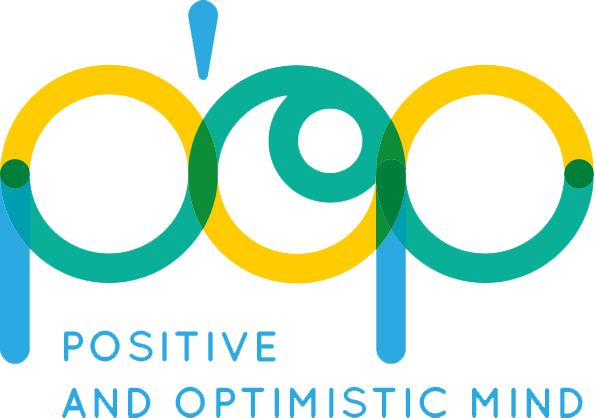Generation Z ‘sees work as an experience’
Written by Rebeca Suay for PaperJAm
Published on November 10, 2023 • Edited on November 10, 2023 at 5:15 PM

Generation Z, comprising individuals born between 1995 and 2012, is set to become a major force in the job market. According to OECD projections, by 2025, they will occupy 27% of the labor market. In Luxembourg, this demographic group, entering a rapidly evolving market, will experience job growth above the EU average, with an annual increase of over 1.5% until 2035 (according to a report on skill forecasts for 2023 in Luxembourg from the European Centre for the Development of Vocational Training).
The founder and CEO of P’OP, Béatrix Charlier, highlights the uniqueness of those she calls Gen Z: “These young people grew up in a digital world, which has shaped them uniquely. They are independent, innovative, and seek a certain security in an evolving world.” They aspire to a work-life balance, continuous learning opportunities, and an ethical and meaningful corporate culture, she explains.
In Luxembourg, Generation Z faces a unique job market, particularly with a high youth unemployment rate and the early departure of seniors. To address this challenge, Ms. Charlier suggests increasing the retirement age to retain experienced workers, improving youth education to reduce school dropout rates, and valuing talents from immigration, thereby enriching the labor market with diverse skills.
They seek meaningful work that contributes to society.
Béatrix Charlier, Founder and CEO, P’OP
Gen Z poses a challenge for the evolution of corporate structures and cultures. With their specific characteristics such as digital familiarity, the search for meaning in work, and the need for transparency, they bring new perspectives. Their successful integration is necessary to create a dynamic and inclusive labor market.
Luxembourg has the opportunity to shape a professional environment adapted to the aspirations and innovative ideas of Generation Z, while attracting and retaining these young talents. This appears increasingly complicated because, as Ms. Charlier emphasizes, Gen Z “sees every job as an experience,” making their retention all the more difficult. “They seek meaningful work that contributes to society, which drives them to constantly explore new opportunities,” she points out.
Portrait of Gen Z
A striking characteristic of Generation Z is its sensitivity to crises. They grew up in a context of distrust towards institutions, exacerbated by fake news, the climate crisis, #MeToo movements, and terrorist attacks. According to Béatrix Charlier, this distrust drives them to seek transparency and authenticity in their professional environment.
She adds that the Covid-19 pandemic has also affected their social and personal development, leading to financial concerns due to the loss of student jobs. Sensitive to global crises, particularly the climate crisis, which they consider a “countdown” according to Ms. Charlier, they are motivated by eco-anxiety, which can be a driver of change.

